Have you ever wondered what goes on in the mind of your feline friend when you close the door behind you? Do they miss you, or are they simply indifferent? This question has puzzled cat lovers for ages. Cats are known for their mysterious nature, often leaving us guessing about their true feelings. But recent studies in animal behavior have begun to unravel this enigma. Join us as we dive into the science behind whether cats miss their human companions when they’re away. Prepare to be both surprised and enlightened!
The Independent Nature of Cats
Cats have long been celebrated for their independence. Unlike dogs, who often crave constant attention and companionship, cats are seen as more aloof and self-reliant. This independence can make it challenging to determine if they truly miss us when we’re gone. However, this doesn’t mean they don’t form attachments. Just like humans, every cat is unique, and their level of independence can vary. Some cats might not show overt signs of missing you, but that doesn’t mean they don’t care. It’s essential to understand that their independence is a part of their charm and not a sign of indifference.
Attachment Styles in Cats
Just as humans have different attachment styles, so do cats. Research has shown that cats can develop secure or insecure attachments to their owners. A securely attached cat will likely feel comfortable and relaxed in your presence and might show signs of missing you when you’re away. On the other hand, an insecurely attached cat might exhibit anxiety or stress when separated from you. Understanding your cat’s attachment style can help you determine whether they miss you when you’re not around. It’s fascinating to think that these furry creatures have such complex emotional landscapes.
Signs Your Cat Might Miss You
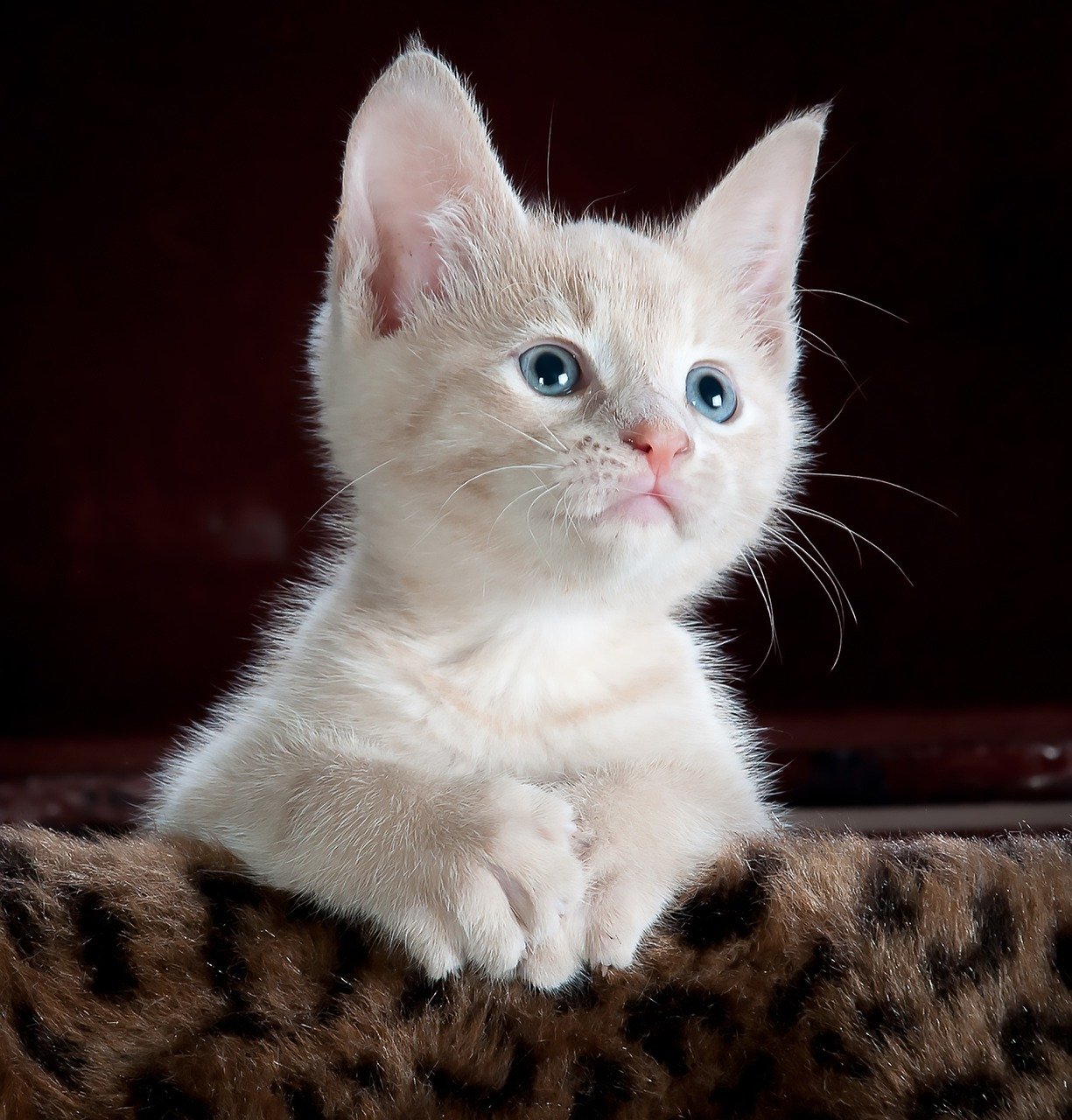
While cats might not express their emotions as overtly as dogs, there are subtle signs that they might miss you. These signs can include increased vocalization, changes in eating habits, or becoming more affectionate upon your return. Some cats might even follow you around more than usual or seek comfort in your belongings. Observing these behaviors can provide clues about your cat’s feelings towards your absence. It’s worth noting that these signs can also indicate other issues, so it’s essential to consider the context and consult a vet if you’re concerned.
The Role of Routine in a Cat’s Life

Cats thrive on routine. They are creatures of habit and often find comfort in the predictability of their daily lives. When you leave, it can disrupt their routine, which might lead them to miss you. The absence of familiar sounds, scents, and interactions can make them feel unsettled. By maintaining a consistent routine, even when you’re away, you can help your cat feel more secure. This might involve feeding them at the same times or leaving familiar items around the house. Routine provides a sense of stability and can mitigate feelings of loneliness in your feline friend.
Do Cats Experience Separation Anxiety?
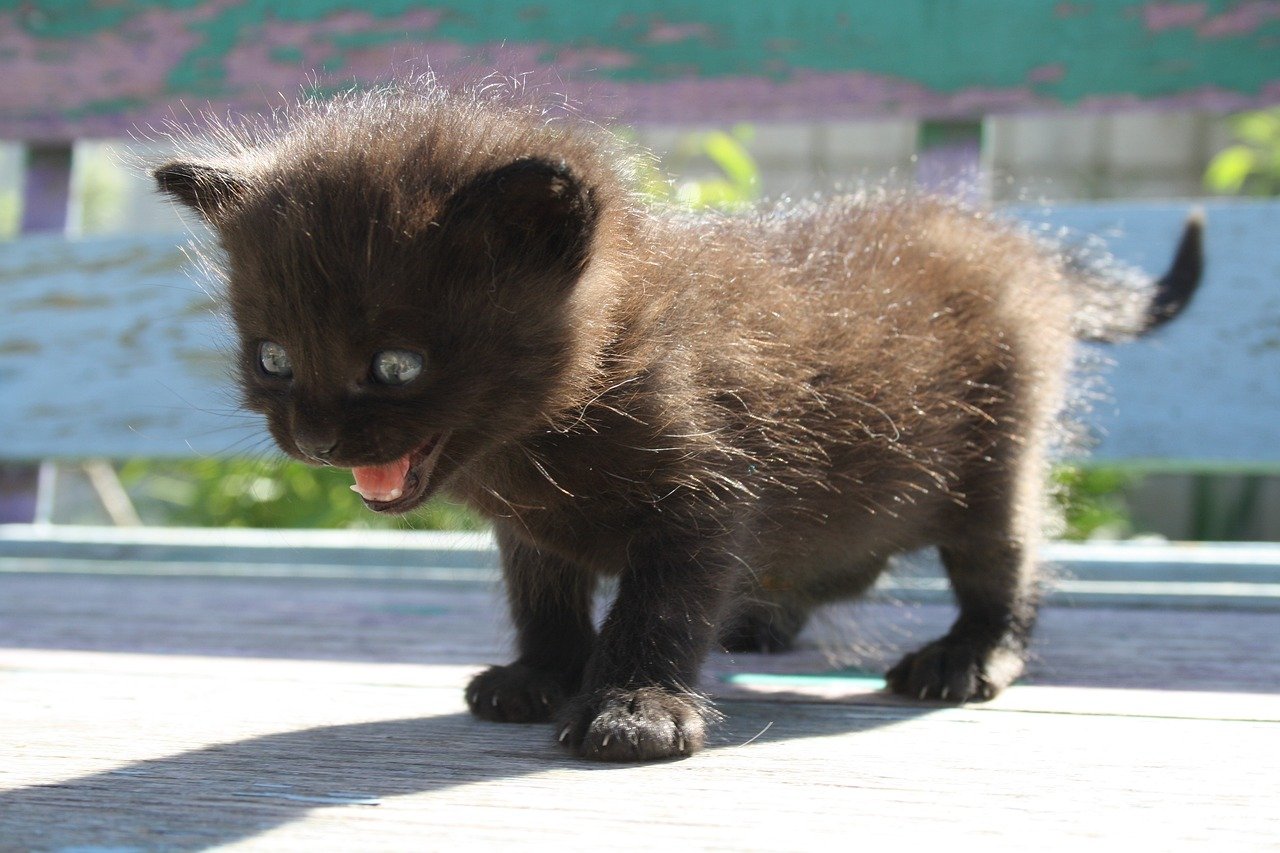
Separation anxiety is a well-documented phenomenon in dogs, but can cats experience it too? The answer is yes. Some cats can develop separation anxiety, especially if they are closely bonded with their owners. This anxiety can manifest in various ways, such as destructive behavior, excessive grooming, or changes in litter box habits. If you suspect your cat is experiencing separation anxiety, it’s crucial to address it promptly. Providing enrichment activities, such as toys or puzzles, and considering a companion animal might help alleviate their anxiety.
The Science Behind a Cat’s Emotions
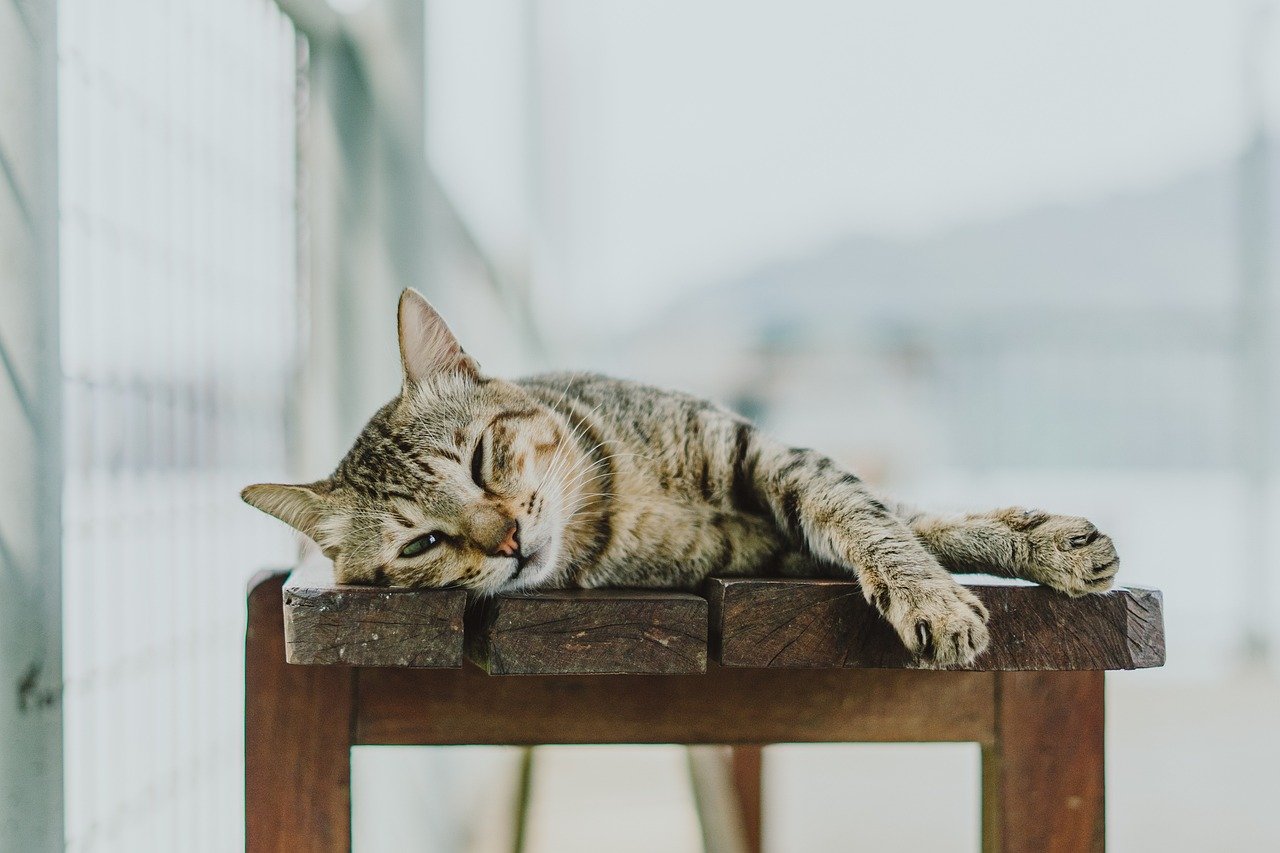
Understanding a cat’s emotional world can be complex, but science is making strides in this area. Studies have shown that cats possess the neurological structures necessary for emotions, similar to humans. This means they have the capacity to feel emotions like love, fear, and even loneliness. While they might not express these emotions in the same way we do, it’s comforting to know that they are capable of forming deep emotional bonds. This scientific insight helps us appreciate the depth of our relationship with our feline companions.
How Cats Perceive Time

Cats perceive time differently than humans. While we might count the hours or days we’re away, cats live more in the moment. Their perception of time is influenced by their routine and the presence of familiar cues. This means that while they might not miss you in the same way a human would, they can still feel your absence. The lack of your presence can disrupt their sense of time, leading to feelings of loneliness or confusion. Understanding this can help us empathize with our cats and provide them with the support they need.
The Role of Scent in a Cat’s Attachment
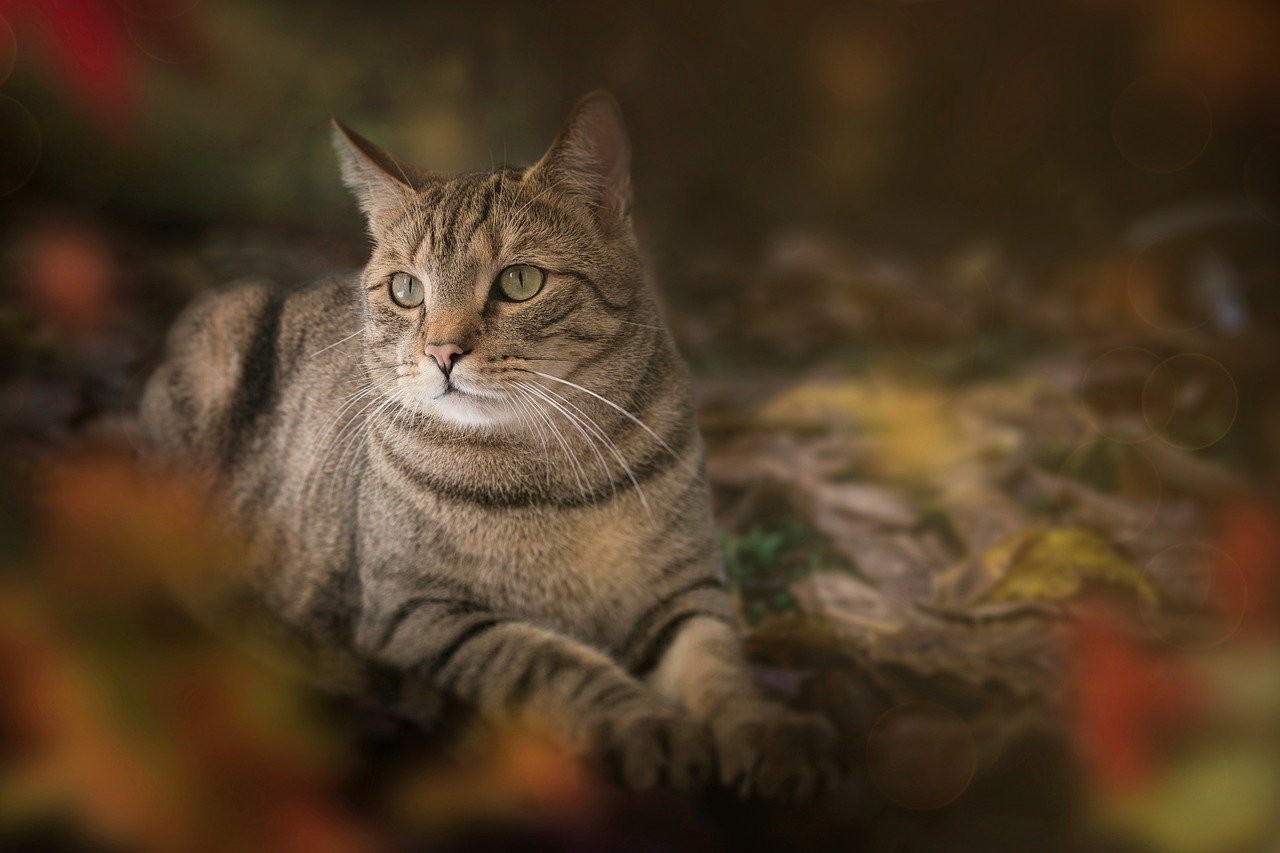
Scent plays a crucial role in a cat’s world. They use it to communicate, mark territory, and recognize familiar individuals. Your scent is comforting to your cat and can serve as a reminder of your presence when you’re away. Some cats might seek out your scent by lying on your clothes or sleeping in your bed. This behavior is a testament to their attachment and can indicate that they miss you. By leaving items with your scent around the house, you can help your cat feel more connected to you, even in your absence.
How to Help Your Cat Cope with Your Absence
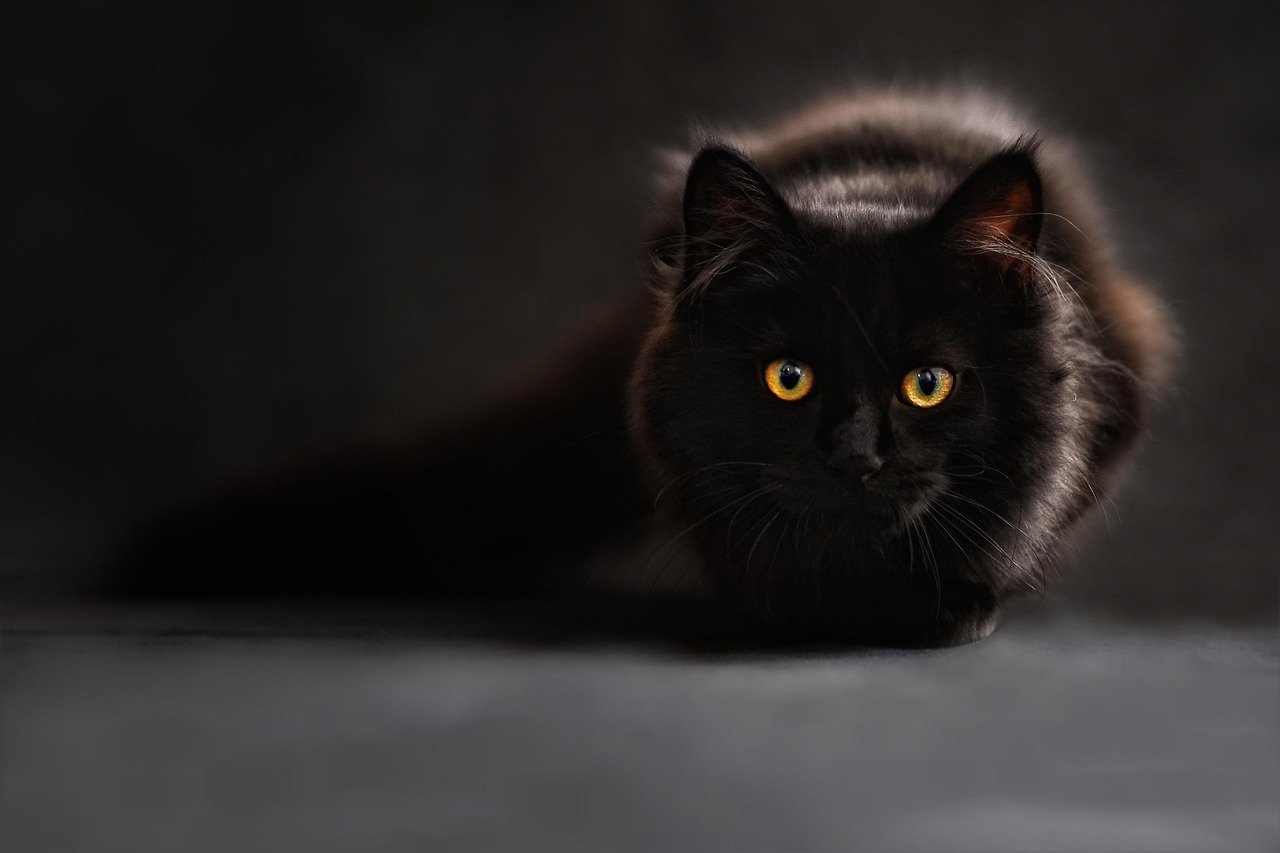
If you suspect your cat misses you when you’re gone, there are several ways to help them cope. Providing enrichment activities, such as interactive toys or puzzle feeders, can keep them mentally stimulated. Consider leaving a radio or television on to provide background noise and create a sense of presence. Regular play sessions before you leave can also help expend their energy and reduce feelings of restlessness. Additionally, ensuring they have a comfortable and secure environment can make your absence more manageable for your feline friend.
The Impact of Multiple Pets on Loneliness
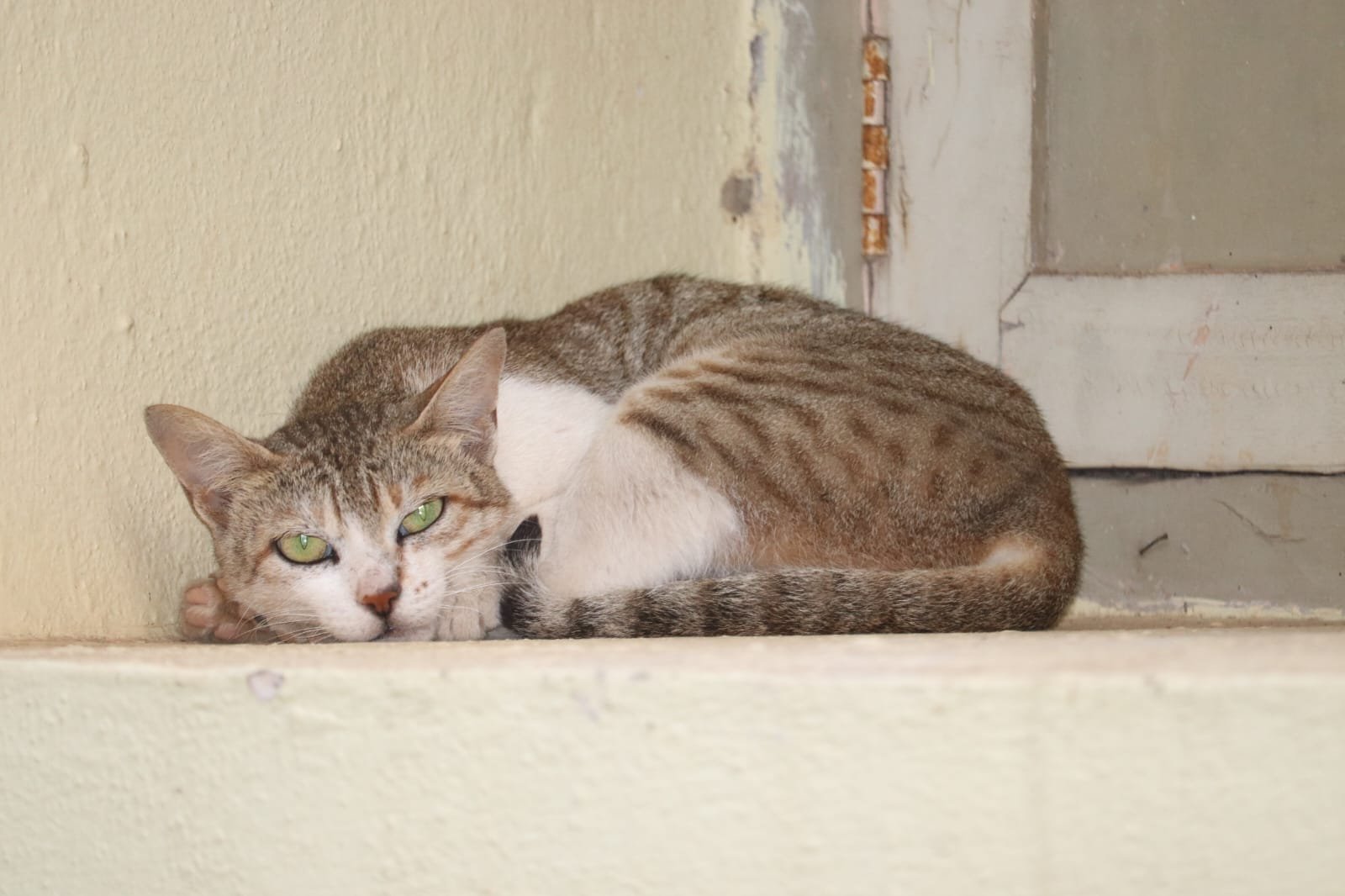
Having multiple pets can influence a cat’s experience of loneliness. While some cats might enjoy the company of other animals, others might prefer solitude. Introducing a new pet should be done carefully, considering your cat’s personality and preferences. For some cats, having a companion can alleviate feelings of loneliness and provide comfort in your absence. However, it’s essential to monitor their interactions and ensure that both animals are comfortable and happy. A harmonious multi-pet household can enrich your cat’s life and reduce their dependency on your presence.
Understanding Feline Body Language
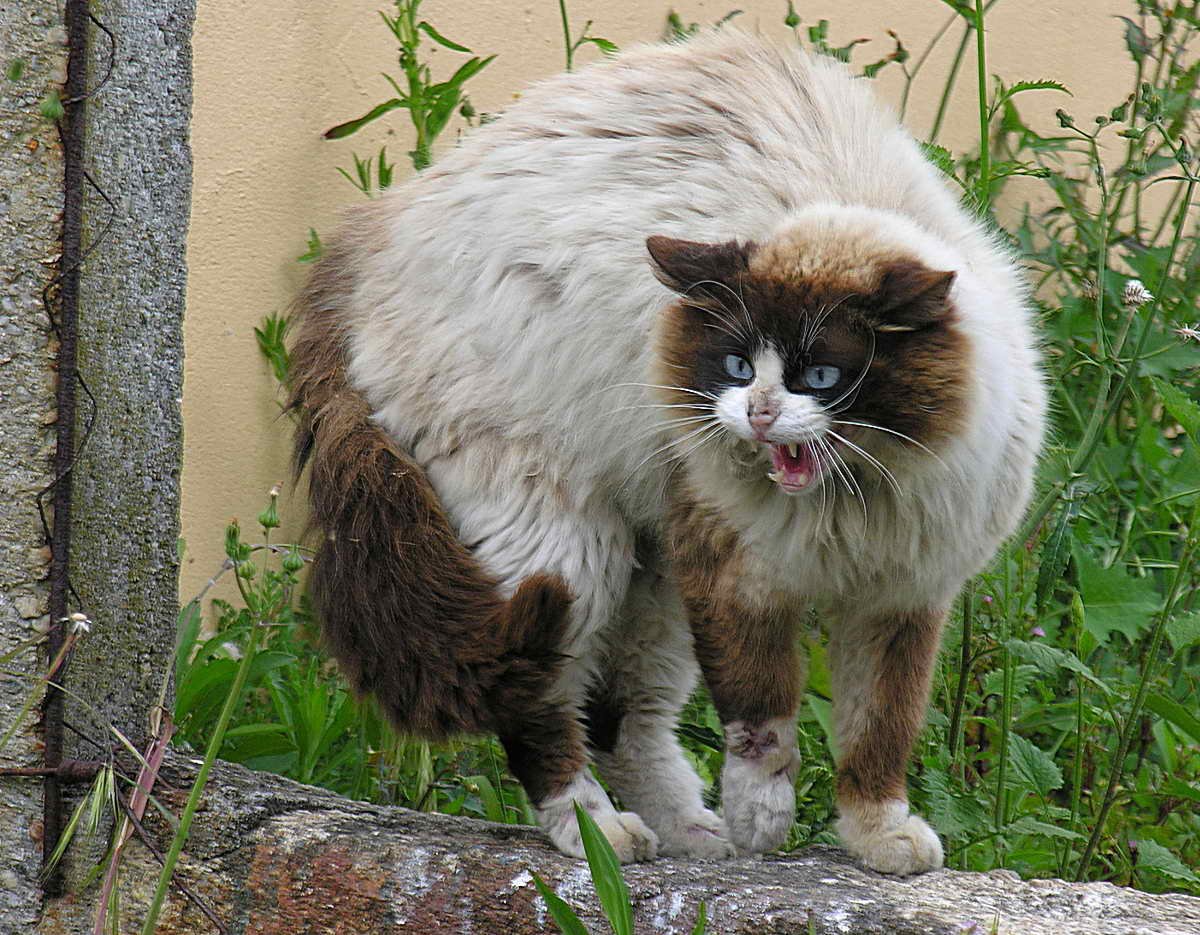
Cats communicate a lot through their body language. By observing their posture, tail movements, and facial expressions, you can gain insights into their emotional state. A relaxed posture, slow blinking, or a gently waving tail can indicate contentment, while a tense body or flattened ears might suggest anxiety. Understanding these cues can help you determine if your cat misses you or is experiencing stress. By becoming attuned to their body language, you can respond more effectively to their needs and strengthen your bond.
The Importance of Quality Time with Your Cat

Spending quality time with your cat is crucial for building a strong bond. Engaging in interactive play, grooming sessions, or simply sitting together can deepen your relationship. This quality time reinforces your connection and provides your cat with the attention they crave. When you’re present, make the most of your time together by being attentive and responsive to their needs. This investment in your relationship can make your absence more bearable for your cat, as they know they are loved and valued.
The Debate: Cats vs. Dogs in Emotional Attachment
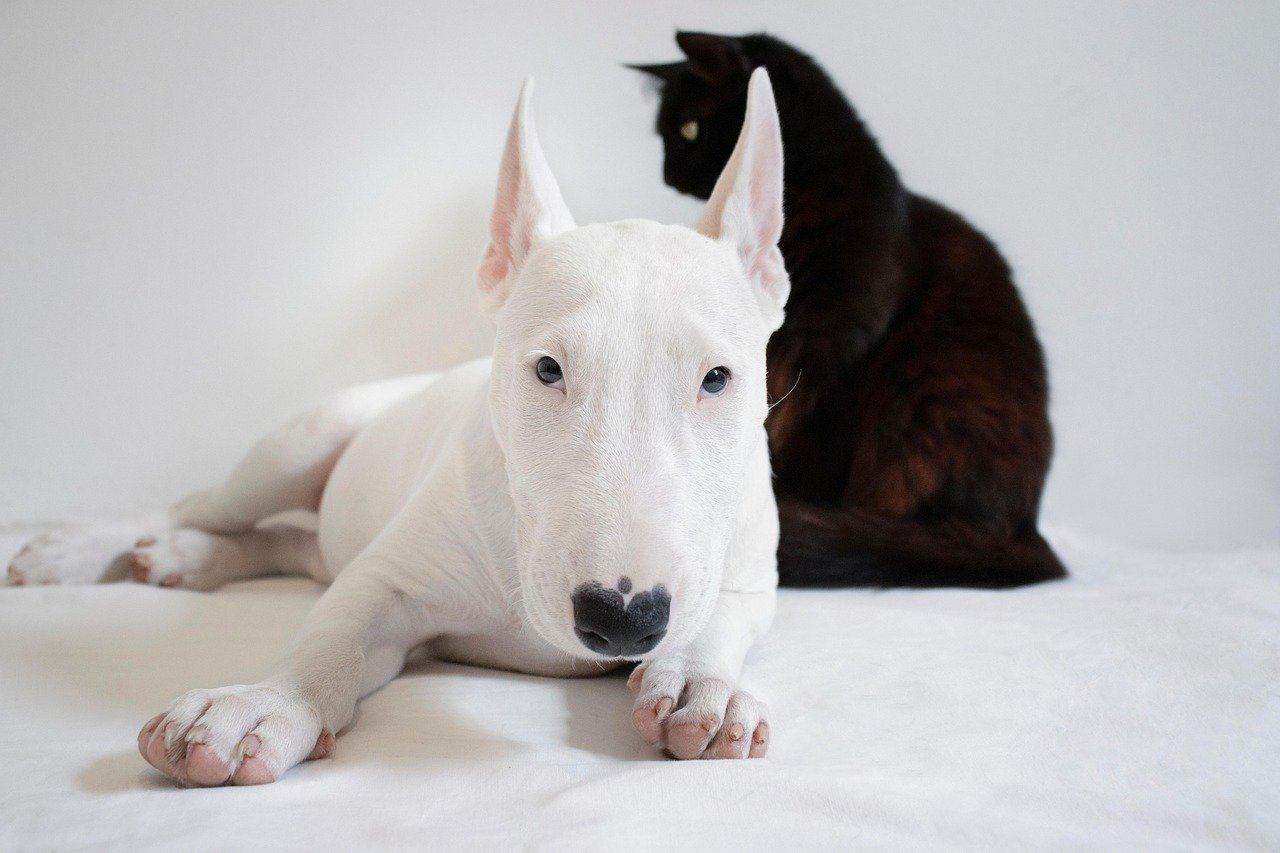
The age-old debate of cats vs. dogs often centers around their emotional attachment to humans. While dogs are known for their loyalty and overt expressions of affection, cats are often seen as more reserved. However, this doesn’t mean they lack emotional depth. Cats form strong bonds with their owners and can be just as affectionate as dogs, albeit in different ways. Understanding these differences can help us appreciate the unique qualities of cats and the special connection we share with them.
Common Myths About Cats and Their Emotions
There are many myths surrounding cats and their emotions. One common misconception is that cats are indifferent and don’t form attachments. This couldn’t be further from the truth. Cats are capable of deep emotional bonds and can experience a range of emotions. Another myth is that cats are solitary animals, but many enjoy social interactions and companionship. By debunking these myths, we can better understand and appreciate the emotional world of our feline friends.
The Role of Genetics in a Cat’s Personality
Genetics play a significant role in shaping a cat’s personality and behavior. Some breeds are naturally more sociable and affectionate, while others might be more reserved. Understanding your cat’s genetic predisposition can provide insights into their behavior and attachment style. While genetics influence personality, it’s essential to remember that environment and upbringing also play a crucial role. By providing a loving and supportive environment, you can nurture your cat’s natural tendencies and strengthen your bond.
How Cats Express Affection
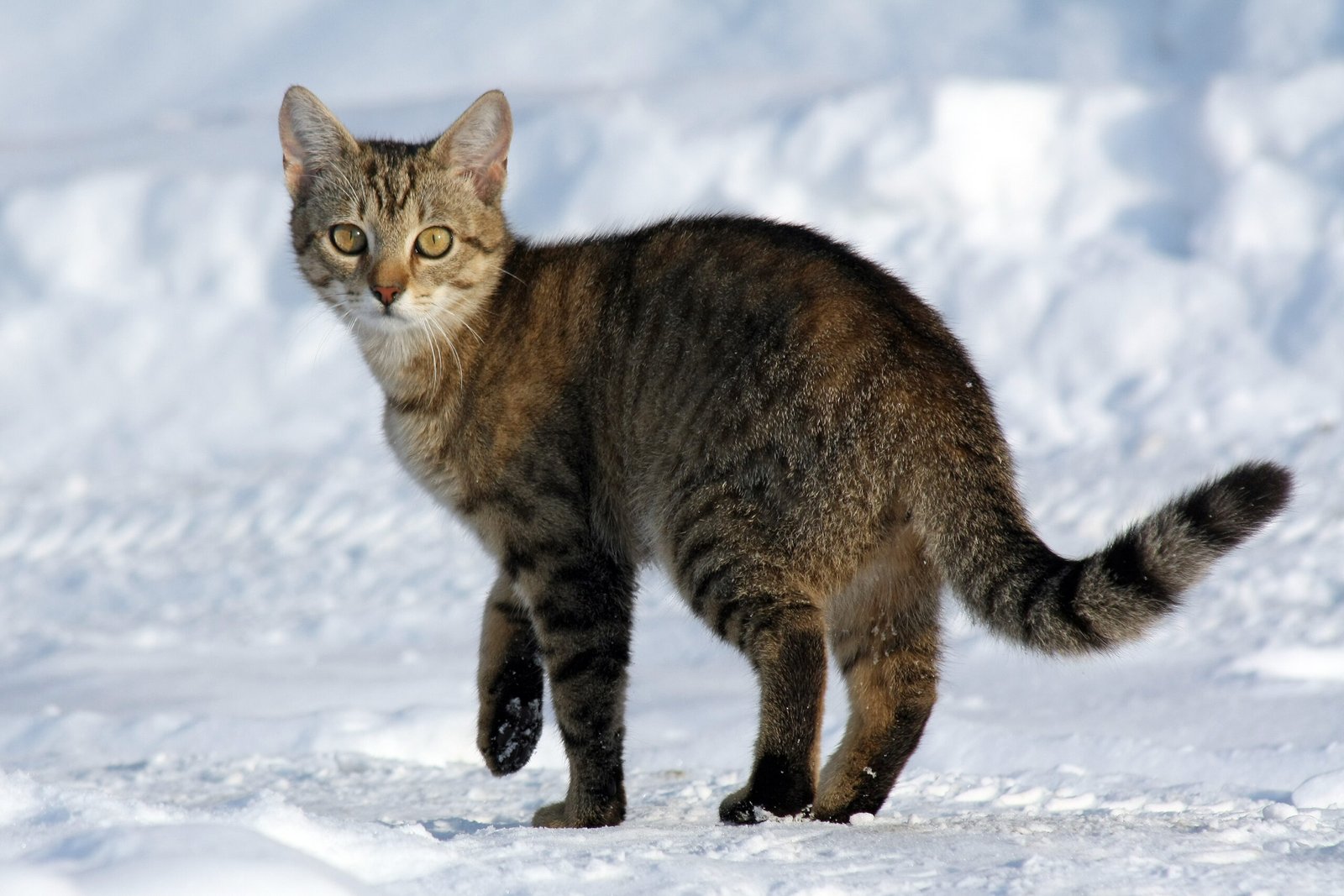
Cats have unique ways of expressing affection. They might rub against you, purr, or knead with their paws. These behaviors are signs of trust and attachment, indicating that they feel comfortable and secure in your presence. Some cats might also bring you “gifts” in the form of toys or even small prey. While these gestures might seem unusual, they are a testament to your cat’s affection and bond with you. Understanding these expressions of love can help you appreciate the depth of your relationship with your feline companion.
The Emotional Benefits of Cat Ownership
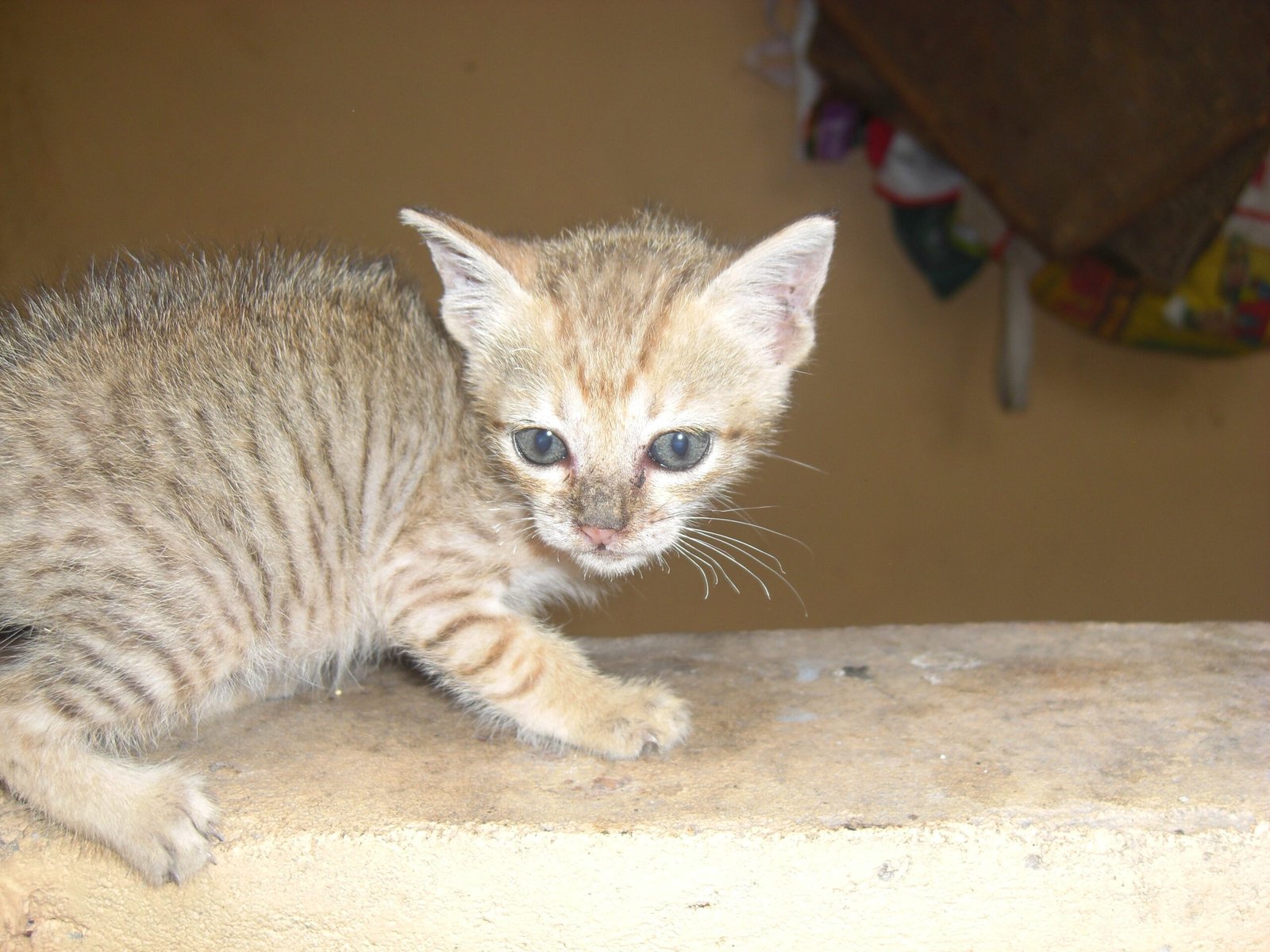
Owning a cat can bring immense emotional benefits. Their presence can provide comfort, reduce stress, and enhance overall well-being. Cats offer companionship and unconditional love, enriching our lives in countless ways. The bond between a cat and its owner is unique and fulfilling, providing joy and happiness. By understanding and nurturing this relationship, we can create a harmonious and loving environment for both ourselves and our feline friends.
Do Cats Remember You?
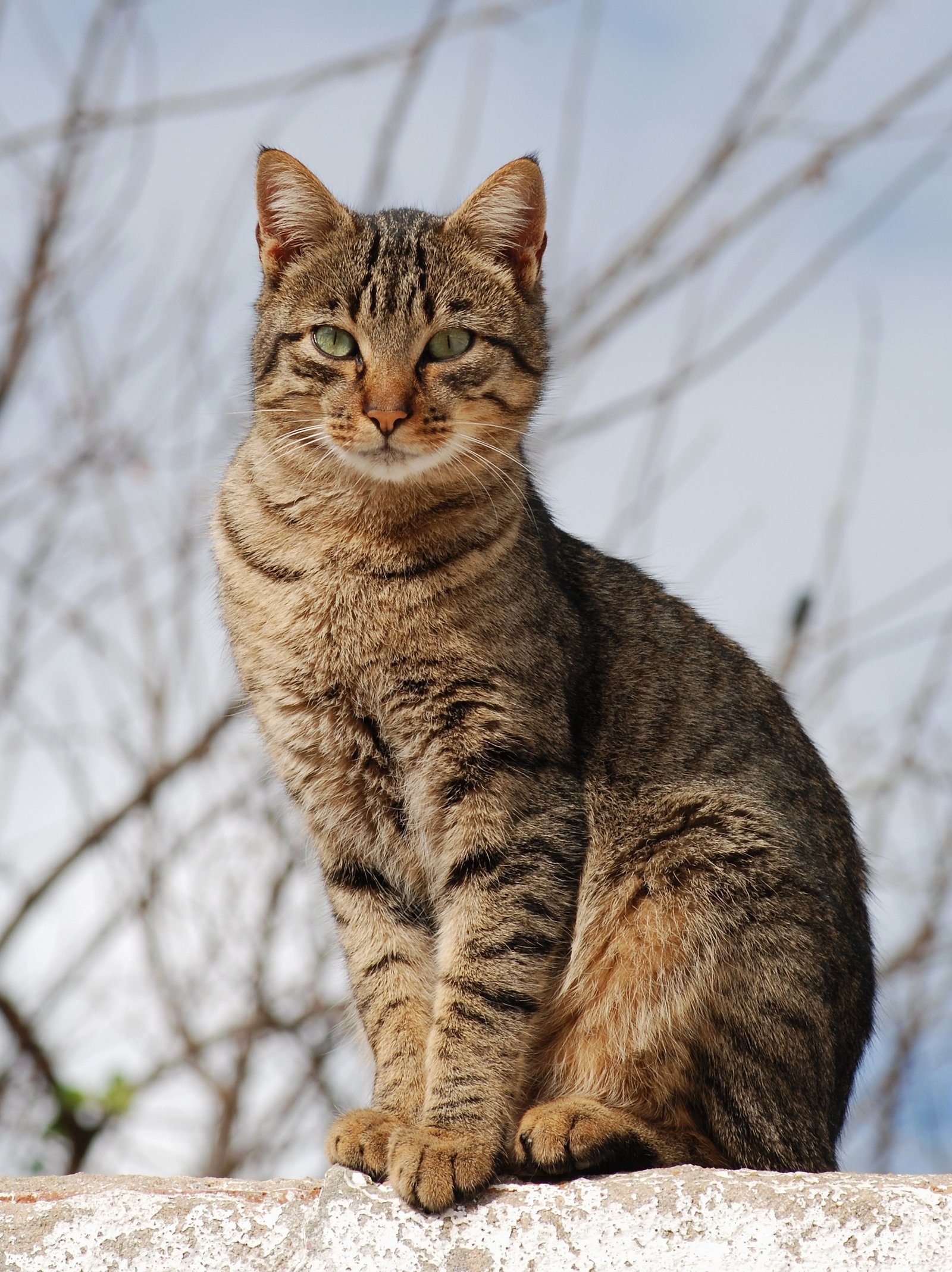
Cats have excellent memories and can remember their owners even after long absences. They recognize familiar faces, voices, and scents, which can evoke feelings of comfort and security. This memory plays a crucial role in their attachment to you and can influence how they react to your absence. While they might not remember specific events, they can recall the emotions associated with them. This emotional memory strengthens their bond with you and contributes to their sense of attachment.
The Future of Feline Emotional Research
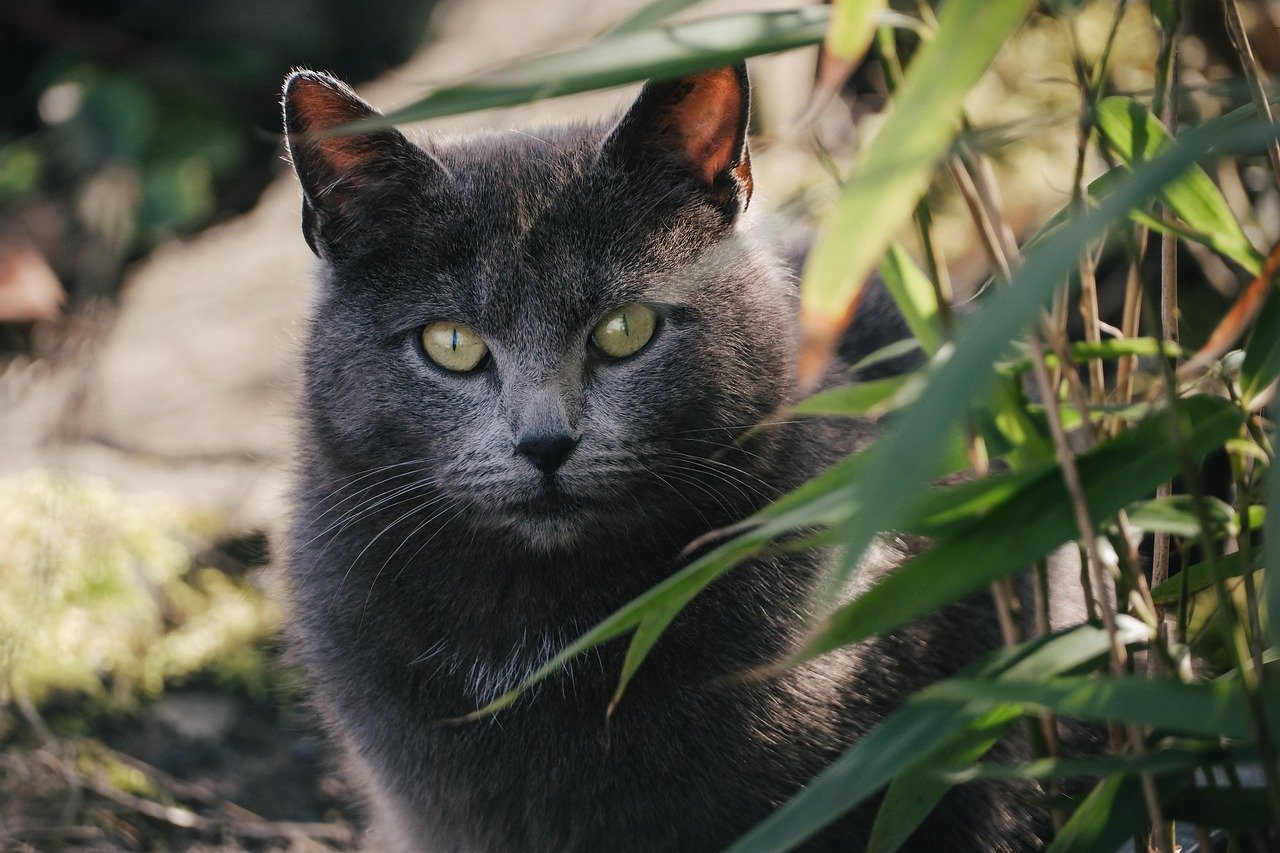
The study of feline emotions is a growing field, with researchers continually uncovering new insights into the emotional lives of cats. As our understanding of their emotions deepens, we can improve the way we care for and interact with them. This research has the potential to enhance the human-cat bond, leading to more fulfilling and harmonious relationships. By staying informed about the latest findings, we can better meet the emotional needs of our feline companions and create a loving environment for them.
In conclusion, while cats might not show their emotions as overtly as other animals, they are capable of forming deep attachments and experiencing a range of emotions. Understanding these emotions can help us strengthen our bond with our feline friends and provide them with the love and care they deserve. So, the next time you wonder if your cat misses you, remember that their subtle signs of affection speak volumes. What do you think your cat feels when you’re away?
Hi, I’m Bola, a passionate writer and creative strategist with a knack for crafting compelling content that educates, inspires, and connects. Over the years, I’ve honed my skills across various writing fields, including content creation, copywriting, online course development, and video scriptwriting.
When I’m not at my desk, you’ll find me exploring new ideas, reading books, or brainstorming creative ways to solve challenges. I believe that words have the power to transform, and I’m here to help you leverage that power for success.
Thanks for stopping by, Keep coming to this website to checkout new articles form me. You’d always love it!






